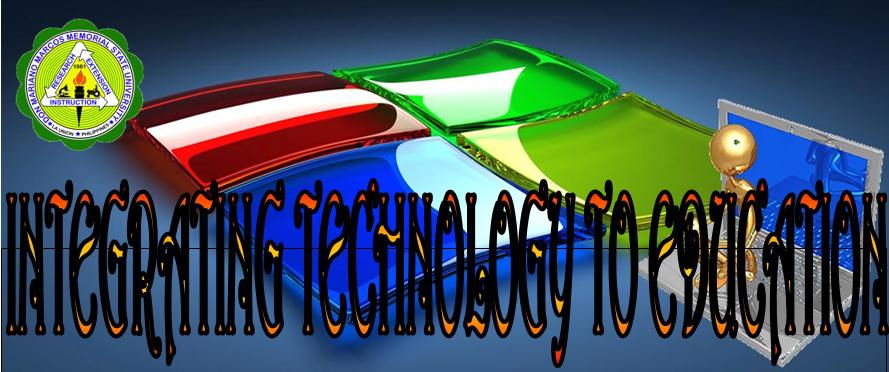Technology is the usage and knowledge of tools, techniques, crafts, systems or methods of organization. The word technology comes from the Greek technología (τεχνολογία) — téchnē (τέχνη), an 'art', 'skill' or 'craft' and -logía (-λογία), the study of something, or the branch of knowledge of a discipline. The term can either be applied generally or to specific areas: examples include construction technology, medical technology, or state-of-the-art technology or high technology. Technologies can also be exemplified in a material product, for example an object can be termed state of the art.
Technologies significantly affect human as well as other animal species' ability to control and adapt to their natural environments. The human species' use of technology began with the conversion of natural resources into simple tools. The prehistorical discovery of the ability to control fire increased the available sources of food and the invention of the wheel helped humans in travelling in and controlling their environment. Recent technological developments, including the printing press, the telephone, and the Internet, have lessened physical barriers to communication and allowed humans to interact freely on a global scale. However, not all technology has been used for peaceful purposes; the development of weapons of ever-increasing destructive power has progressed throughout history, from clubs to nuclear weapons.
Technology has affected society and its surroundings in a number of ways. In many societies, technology has helped develop more advanced economies (including today's global economy) and has allowed the rise of a leisure class. Many technological processes produce unwanted by-products, known as pollution, and deplete natural resources, to the detriment of the Earth and its environment. Various implementations of technology influence the values of a society and new technology often raises new ethical questions. Examples include the rise of the notion of efficiency in terms of human productivity, a term originally applied only to machines, and the challenge of traditional norms.
How and why do you Integrate Technology into the Classroom?
How to Integrate Technology into the Classroom
1) Learn to Be a Ham Radio operator
2) WIFI Wireless Wide Area Networks for School Districts by Dave Hughes
3) Make your own Antenna extend your wifi connection.
4) How to secure Software Defined Radios
5) Classroom Resources
5) Code Talkers
6) Integrated Thematic Unit and Lesson Plans
7) The role of computers and programming today
8.)Great Power Point explains and shows
7) A free education on the internet?
WHY USE TECHNOLOGY?
What's so great about the money and time spent on using technology? Why would administrators or teachers need to learn how to use it? Computer History CHM YouTube channel here: www.youtube.com/computerhistory
"I believe that what is wrong with our schools in this nation is that they have become unionized in the worst possible way. This unionization and lifetime employment of K-12 teachers is off-the-charts crazy. ... What kind of person could you get to run a small business if you told them that when they came in they couldn't get rid of people that they thought weren't any good? Not really great ones because if you're really smart you go, 'I can't win.' "-- Apple CEO Steve Jobs, speaking to an education reform conference in Texas just before he was tackled and dragged off by members of Apple's education sales unit.
The media specialist is the only professional who specializes in teaching technological information literacy is one point of view. Due to teacher contractual constraints for prep time especially at the elementary level, the media specialist is the only educational professional trained to integrate and teach technology through collaboration with teachers in all curricular areas. Without the expertise of an information specialist, students fail to become information literate. 21st Century Literacy includes that we graduate students who know how to use research databases, e-mail netiquette, web safety and computer software programs.
Students also need an authentic reason to use these technology tools. The media specialist receives special training in a graduate level program to teach technology and information literacy fully integrated into the curricula; they are experts in both areas and should be of primary consideration when reassessing or contemplating how to teach technology. Computer teachers, only have expertise in teaching applications but they miss everything else.




No comments:
Post a Comment